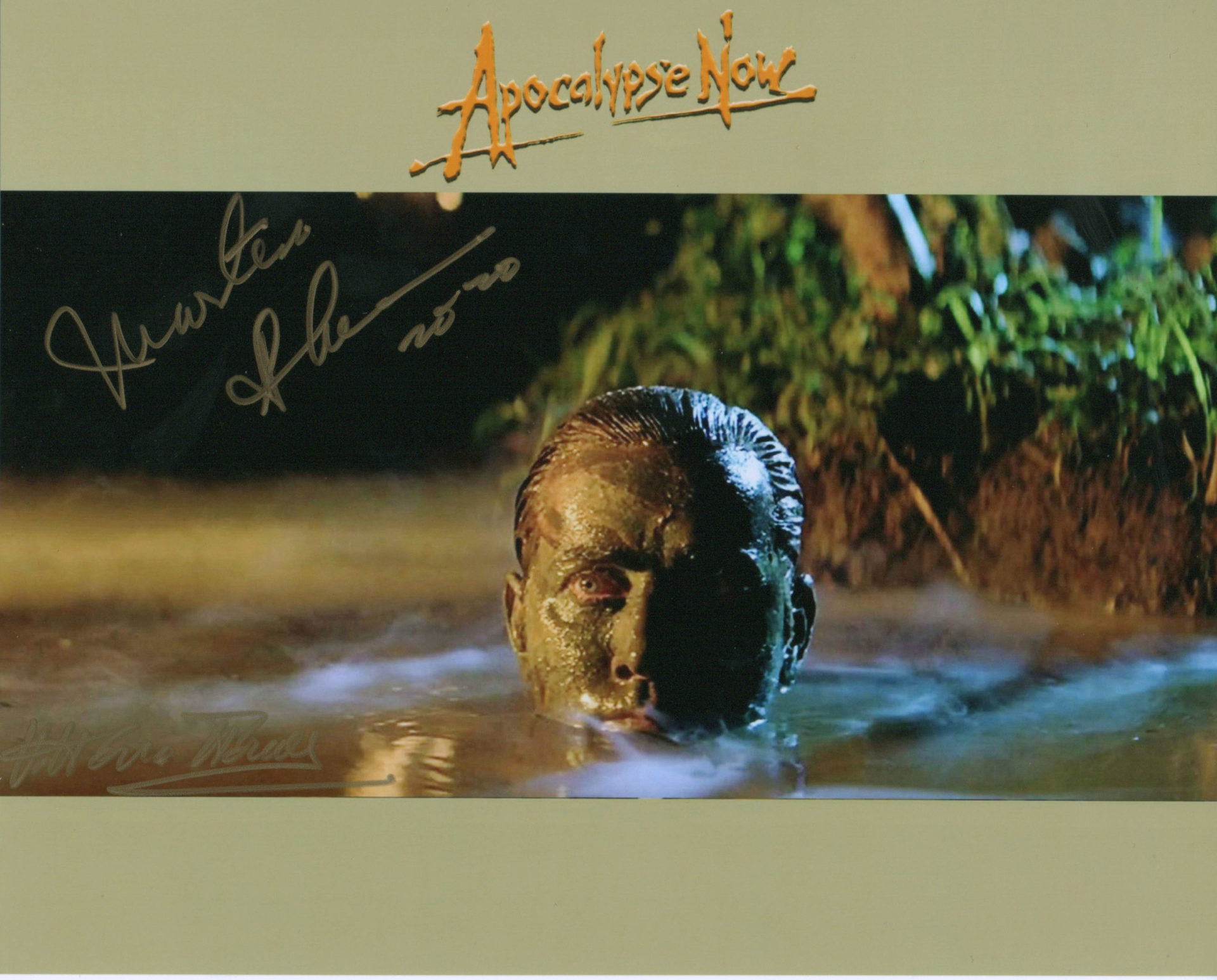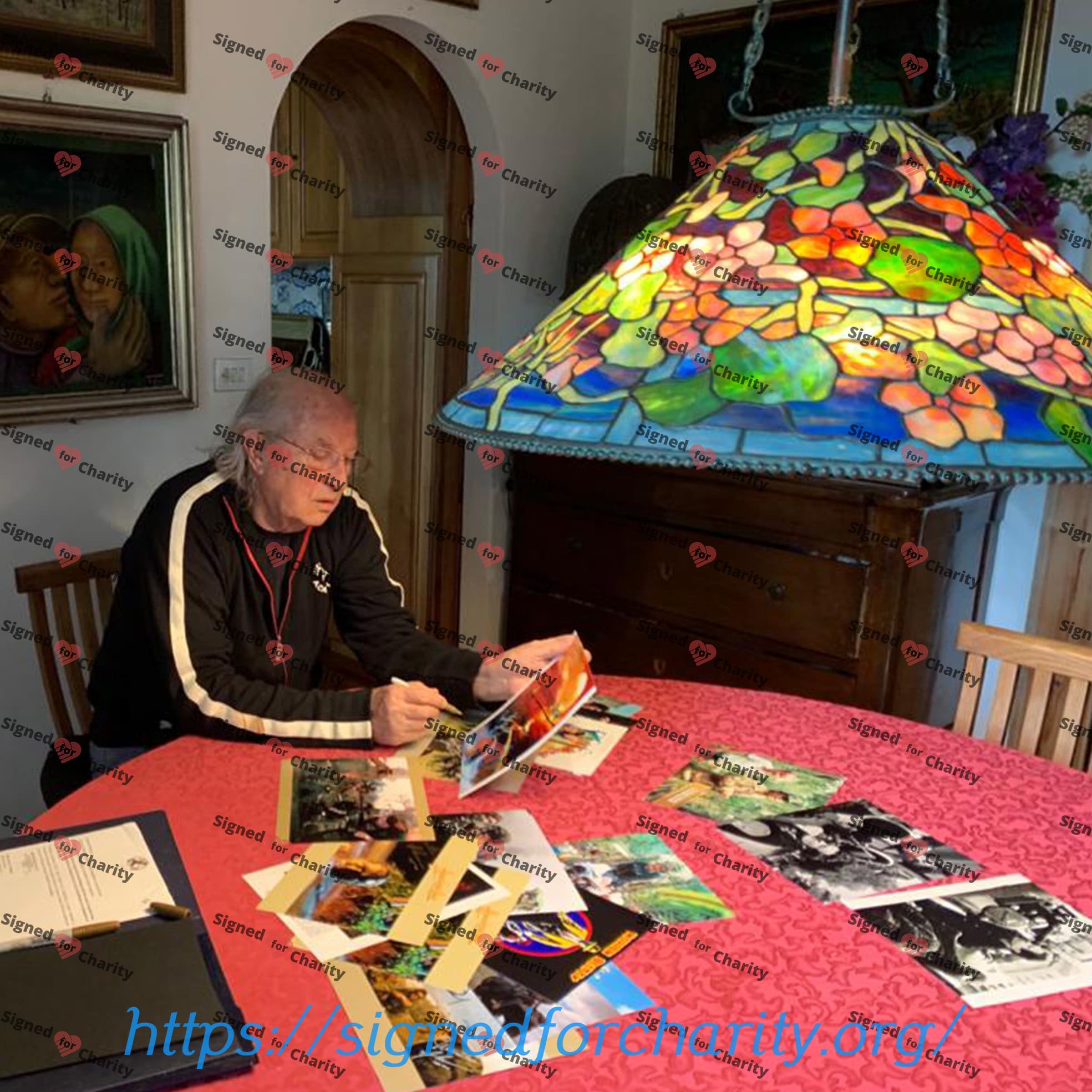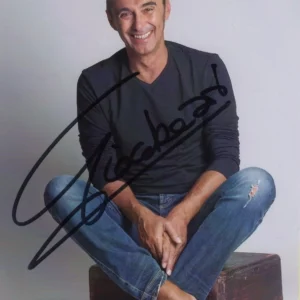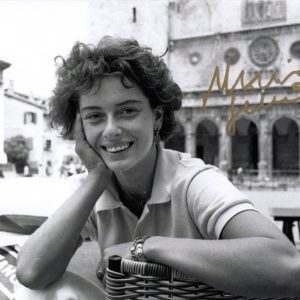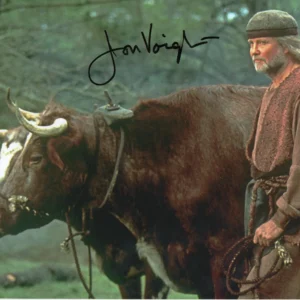Description
Storaro is considered to be one of the greatest and most influential cinematographers of all time. He has worked with many important film directors, in particular Bernardo Bertolucci, with whom he has had a long collaboration.[6] His philosophy is largely inspired by Johann Wolfgang von Goethe’s theory of colors, which focuses in part on the psychological effects that different colors have and the way in which colors influence our perceptions of different situations. He first worked with Bertolucci on The Conformist (1970). Set in Fascist Italy, the film has been described as a “visual masterpiece.” Also in 1970, he photographed The Bird with the Crystal Plumage, the directorial debut of Dario Argento and a landmark film in the giallo genre. The first American film that Storaro worked on was Apocalypse Now (1979). Director Francis Ford Coppola gave him free rein on the film’s visual look. Apocalypse Now earned Storaro his first Academy Award. He worked with Warren Beatty for the first time on Reds (1981), and ended up winning his second Academy Award. Storaro won a third Academy Award for The Last Emperor (1987), directed by Bertolucci. Three years later he received a nomination, but did not win, for the Beatty film Dick Tracy. In 2002, Storaro completed the first in a series of books that attempt to articulate his philosophy of cinematography more substantively. He was cinematographer for a BBC co-production with Italian broadcaster RAI of Verdi’s Rigoletto over two nights on the weekend of 4 and 5 September 2010. Woody Allen’s Café Society (2016) was the first film that Storaro shot digitally. He used the Sony F65 camera. In 2017, Storaro was honored with the George Eastman Award. The same year he also attended the New York Film Festival at which he debated with Ed Lachman on cinematography and its transition to digital. His other film credits include 1900, Last Tango in Paris, Dominion: Prequel to the Exorcist, One from the Heart, Bulworth, The Sheltering Sky, Tucker: The Man and His Dream, Ladyhawke, Tango, and Goya en Burdeos. With his son Fabrizio, he created the Univisium format system to unify all future theatrical and television movies into one respective aspect ratio of 2.00:1. As of 2020, this unification has not happened, and the universal replacement of 4:3 televisions by large, wide-screen displays greatly reduces the need to modify scope-ratio films for home theater presentation.
Ramón Gerardo Antonio Estévez (born August 3, 1940), known professionally as Martin Sheen, is an American actor. He first became known for his roles in the films The Subject Was Roses (1968) and Badlands (1973), and later achieved wide recognition for his leading role in Apocalypse Now (1979), as President Josiah Bartlet in the television series The West Wing (1999–2006), and recently as Robert Hanson in the Netflix television series Grace and Frankie (2015–present). In film, Sheen has won the Best Actor award at the San Sebastián International Film Festival for his performance as Kit Carruthers in Badlands. Sheen’s portrayal of Capt. Willard in Apocalypse Now earned a nomination for the BAFTA Award for Best Actor. Sheen has worked with a wide variety of film directors, including Richard Attenborough, Francis Ford Coppola, Terrence Malick, David Cronenberg, Mike Nichols, Martin Scorsese, Steven Spielberg, and Oliver Stone. Sheen received a star on the Hollywood Walk of Fame in 1989. In television, Sheen has won a Golden Globe and two Screen Actors Guild awards for playing the role of President Josiah Bartlet in The West Wing, and an Emmy for guest starring in the sitcom Murphy Brown. In 2012, he portrayed Uncle Ben in The Amazing Spider-Man directed by Marc Webb. Born and raised in the United States by immigrant parents, he adopted the stage name Martin Sheen to help him gain acting parts.[4] He is the father of four children, all of whom are actors. Sheen has directed one film, Cadence (1990), in which he appears alongside his sons Charlie and Ramón. He has narrated, produced, and directed documentary television, earning two Daytime Emmy awards in the 1980s, and has been active in liberal politics.

